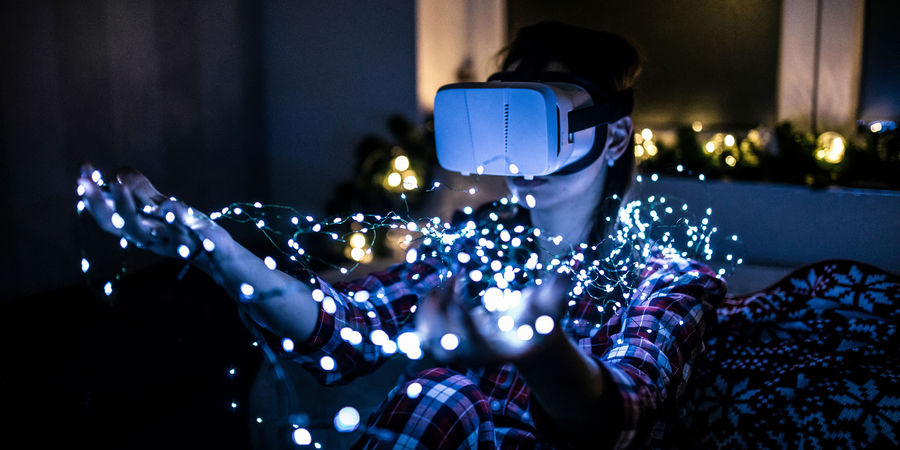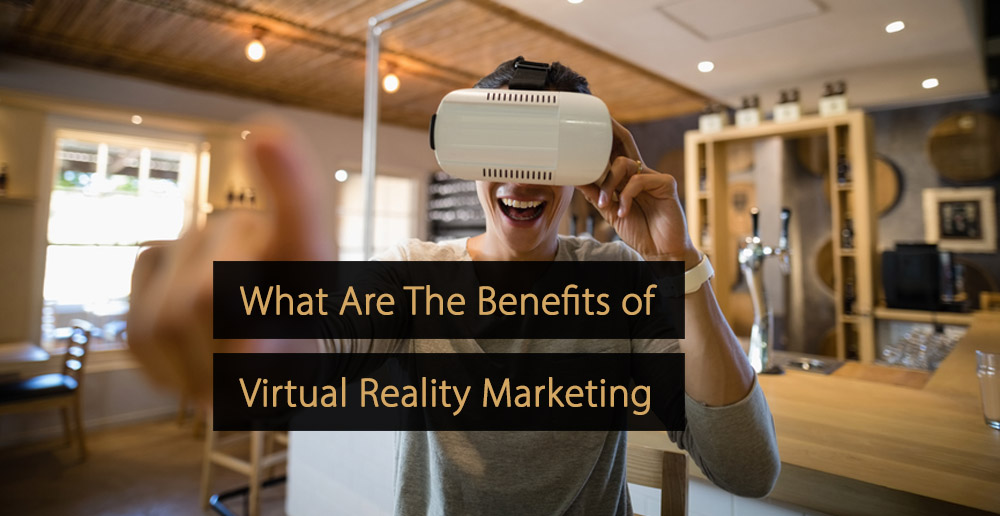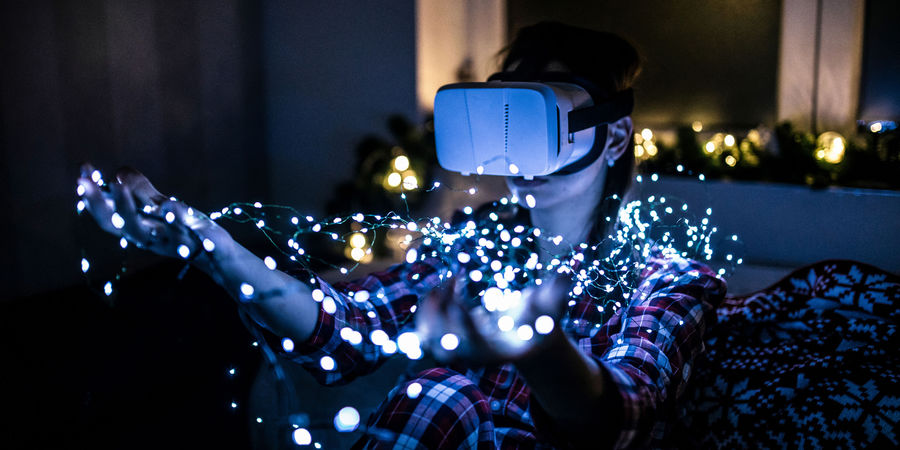
In the rapidly evolving landscape of digital marketing, staying ahead of the curve is essential. Enter virtual reality (VR) marketing—a revolutionary approach that’s transforming the way brands engage with consumers. Gone are the days of traditional ads; VR offers an immersive experience that captivates audiences like never before.In virtual reality marketing, brands can create virtual experiences that simulate real-world scenarios or environments relevant to their products or services. These experiences can range from virtual product demonstrations and interactive tours to branded virtual environments where users can explore and interact with the brand in a meaningful way.The goal of virtual reality marketing is to captivate and engage consumers on a deeper level by providing them with immersive experiences that stimulate their senses and emotions.



Virtual reality has come a long way since its inception, transitioning from niche gaming technology to a powerful tool for marketers. With the advent of more accessible VR hardware and software, brands across industries are harnessing its potential to create unforgettable experiences.
In a world inundated with advertisements vying for attention, VR marketing provides a refreshing change. By transporting consumers to virtual environments, brands can cut through the noise and forge meaningful connections. Whether it’s exploring a product in a virtual showroom or experiencing a destination through a VR tour, the possibilities are limitless.
One of the key advantages of VR marketing is its ability to enhance engagement and interactivity. Unlike traditional media, VR invites users to actively participate in the experience, fostering a deeper level of engagement. This interactivity not only captivates audiences but also allows brands to gather valuable insights into consumer behavior and preferences.
In the age of personalization, VR marketing takes customization to new heights. By tailoring experiences to individual preferences and demographics, brands can deliver targeted content that resonates with their audience on a personal level. Whether it’s personalized product demonstrations or immersive storytelling, VR allows brands to create experiences that feel uniquely tailored to each consumer.
Emotion plays a crucial role in consumer decision-making, and VR marketing excels at evoking powerful emotional responses. By immersing users in captivating narratives and sensory-rich environments, brands can create memorable experiences that leave a lasting impression. Whether it’s evoking a sense of wonder, excitement, or nostalgia, VR has the power to forge deep emotional connections with consumers.
As we look to the future, virtual reality is poised to revolutionize the marketing landscape. By offering immersive experiences that engage the senses and stir emotions, VR marketing has the potential to redefine how brands connect with consumers. From interactive product demonstrations to virtual brand experiences, the possibilities are endless in this exciting new frontier of marketing.
In conclusion, virtual reality marketing represents a paradigm shift in the way brands engage with consumers. By harnessing the power of immersive experiences, brands can create memorable interactions that resonate on a deeper level. As technology continues to evolve, VR marketing will undoubtedly play a central role in shaping the future of marketing as we know it. So, strap on your headset and get ready to dive into the future of marketing with virtual reality.
House no – 233, 32A, Chandigarh
Contact – 9356687300